9 Serious Reasons Your Dog May Have Stopped Jumping on You
Dogs jump for joy, for cuddles, and sometimes just because they can. So when a pup suddenly plants all four paws firmly on the ground, it raises questions. The change might be subtle or dramatic, but it’s often a signal worth noticing. Here’s a closer look at why your dog may have lost their bounce.
They Had a Scare While Jumping
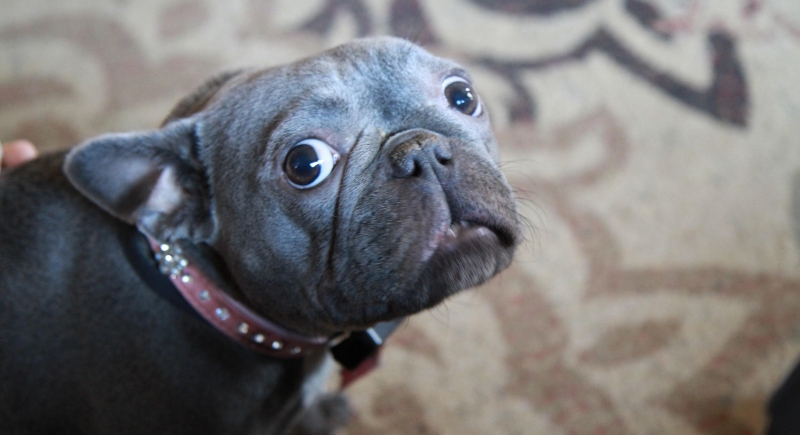
Credit: pixabay
One awkward slip off the couch is enough to shake your dog’s confidence. Dogs remember where they got hurt or frightened, so even a minor tumble turns them off jumping altogether. This kind of hesitation is especially common after a loud noise or unexpected jolt while mid-air.
Arthritis Makes It Too Painful

Credit: Getty Images
Joint inflammation creeps up slowly, especially in senior dogs or breeds prone to orthopedic issues. What starts as mild stiffness can eventually make jumping feel like a chore. The signs might not be dramatic, just a quiet refusal to leap onto the bed.
They’re Just Tired
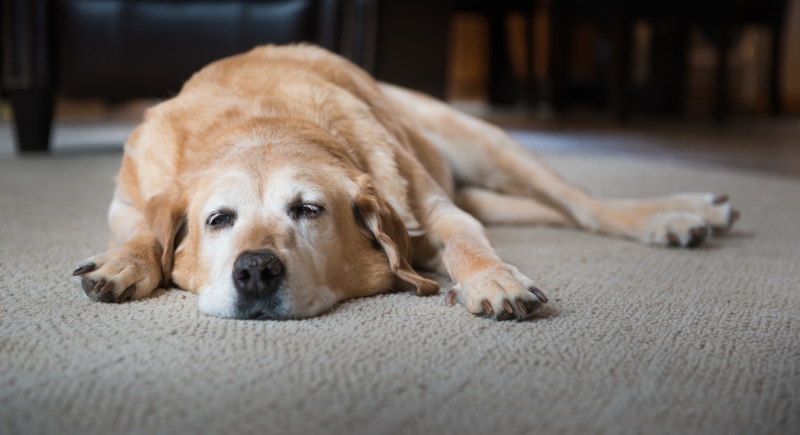
Credit: Getty Images
Sometimes, dogs are just plain tired after a long day of walking, playing, or mental stimulation. If your dog skips jumping for a day or two but otherwise acts normal, they probably just need rest.
A Hidden Injury Is Slowing Them Down
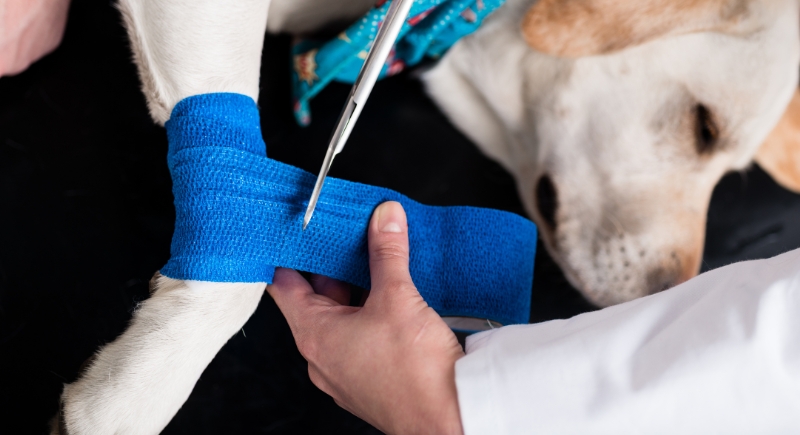
Credit: Kzenon
A minor muscle pull, bruised paw, or sprained ligament might only show up when your dog avoids movement that puts pressure on it, like jumping. These kinds of soft tissue injuries are common after rough play or slipping on slick surfaces.
Hip Dysplasia Is Making Movement Awkward
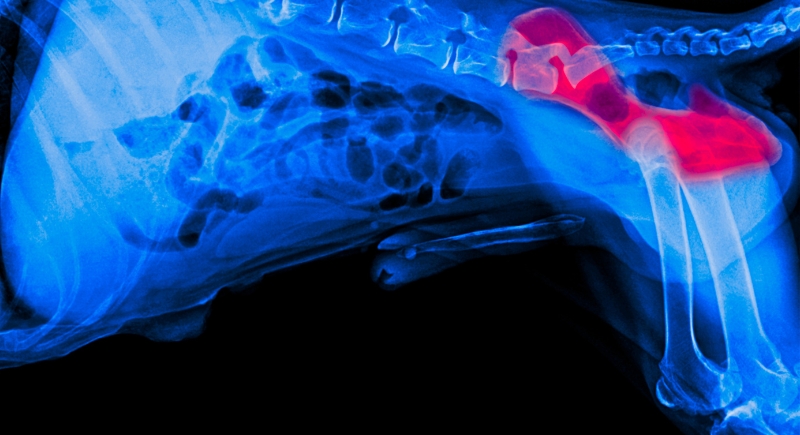
Credit: Getty Images
In large breeds, hip dysplasia often manifests as a reluctance to jump, climb stairs, or run. The hip socket doesn’t fit quite right, which leads to instability and pain. Over time, it can lead to arthritis. Puppies with early signs may benefit from weight management and supplements.
They’re Carrying Too Much Weight
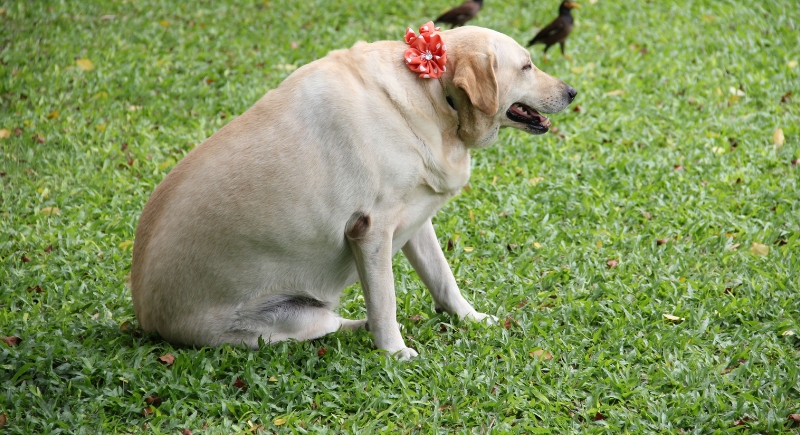
Credit: Getty Images
Extra pounds add stress to joints and make leaping less appealing. According to the Association for Pet Obesity Prevention, obesity in dogs is more common than many owners realize, with an estimated 59% of U.S. dogs overweight. Even five extra pounds on a small dog can affect its mobility.
Their Kneecap Keeps Slipping
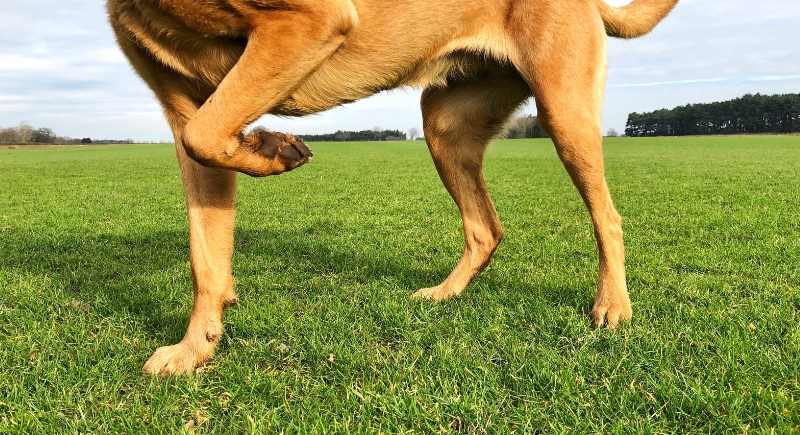
Credit: Getty Images
A luxating patella might sound fancy, but it’s a common issue in small-breed dogs. The kneecap temporarily pops out of place and can cause your pup to pause mid-step or skip while walking. It doesn’t always cause visible pain but often leads to hesitation when jumping.
They’re Nervous About a Specific Place
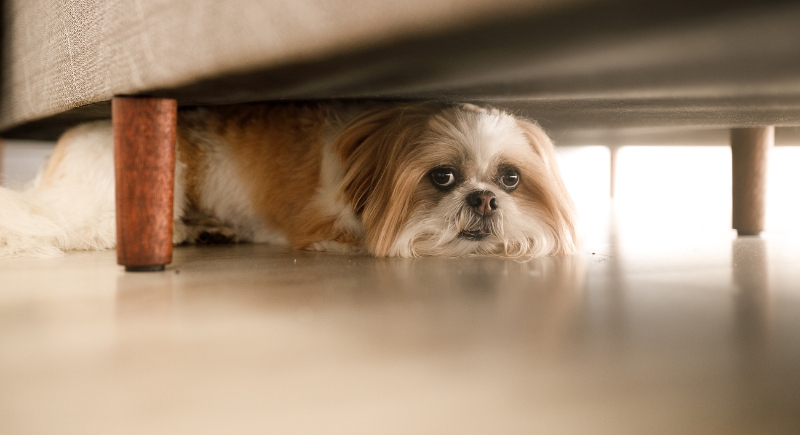
Credit: Getty Images
Behavioral hesitation can look like pain, but the root is different. If your dog avoids jumping only on the bed but happily hops onto the couch, something about that one space might be bothering them. It could be a sound, texture, or bad memory from a past slip.
A Tick May Have Left a Lasting Mark
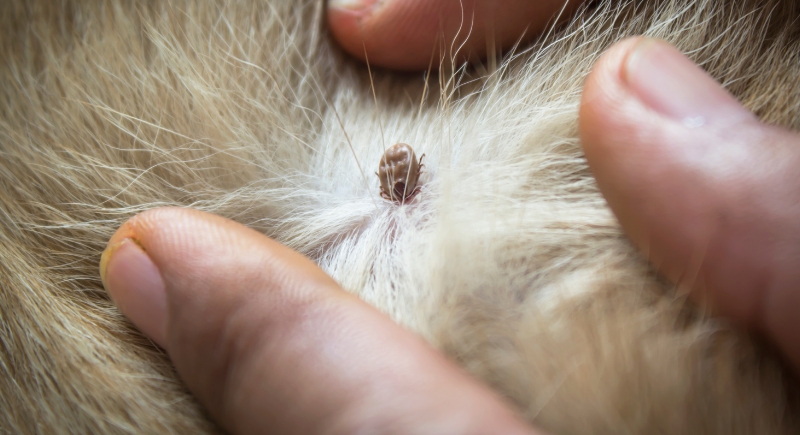
Credit: Getty Images
Tick-borne illnesses like Lyme disease and anaplasmosis don’t always cause immediate symptoms. Weeks after a tick bite, dogs might start to show subtle signs like joint pain or lethargy, both of which can make jumping uncomfortable. To be safe, it’s always smart to ask the vet about a tick panel.
Intervertebral Disc Disease Could Be the Culprit
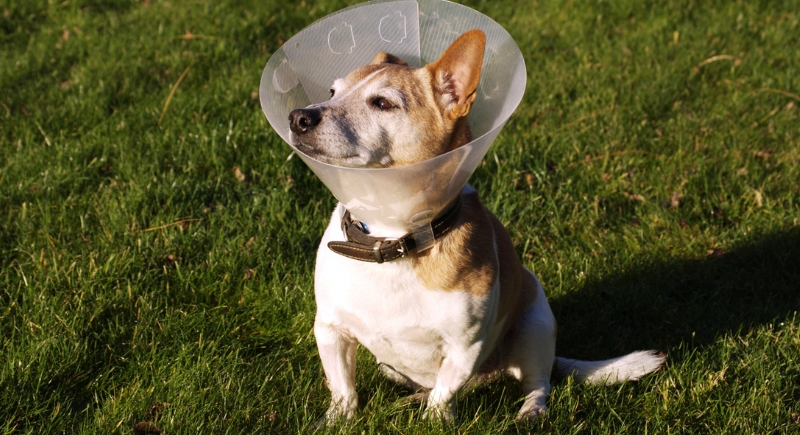
Credit: Getty Images
Breeds like Dachshunds, Beagles, and Poodles are more prone to IVDD. Jumping up or down puts pressure on the spine, which can cause sudden pain or even paralysis in severe cases. Prompt vet attention is critical here—early treatment can make a huge difference.
A Neurological Disorder Is Emerging

Credit: pixabay
Degenerative myelopathy affects the spinal cord’s white matter and leads to rear leg weakness, often in senior dogs. It can start subtly—with difficulty jumping or occasional stumbling—and progress over time. Breeds like German Shepherds and Boxers are at higher risk.
Muscle Weakness From Myasthenia Gravis
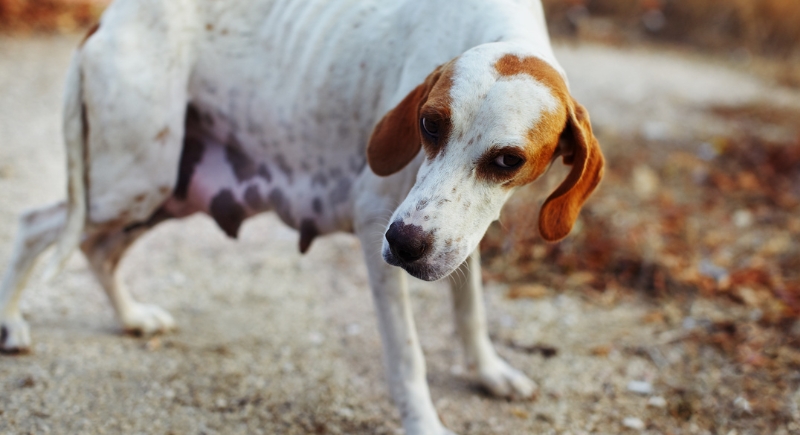
Credit: Getty Images
This rare autoimmune disorder disrupts communication between nerves and muscles. This can lead to fatigue, weakness, and difficulty with normal movements, especially jumping. Some dogs even collapse briefly after activity. Diagnosis typically requires a blood test and possibly advanced imaging, but treatment with medication can help manage symptoms.
They’re Reacting to a Medication
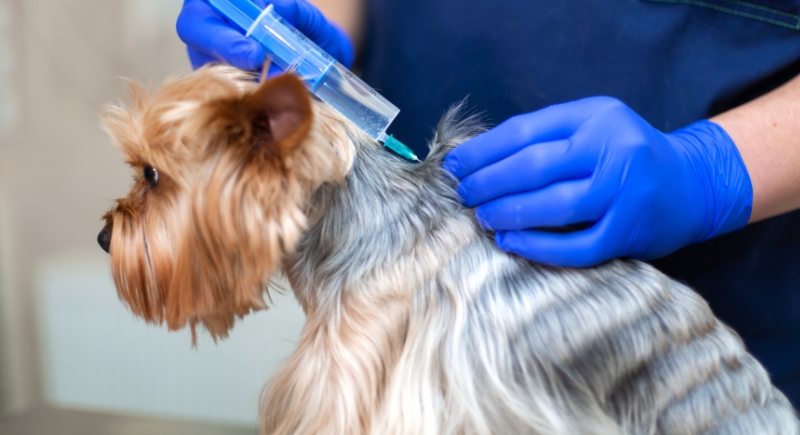
Credit: Canva
Certain medications—especially those that affect pain, inflammation, or sedation—can change how a dog moves. For example, some antihistamines or anti-anxiety drugs may cause drowsiness or mild coordination issues. Adjusting the dose or trying a different option can often solve the issue without compromising comfort.
Their Joints Are Just Getting Old
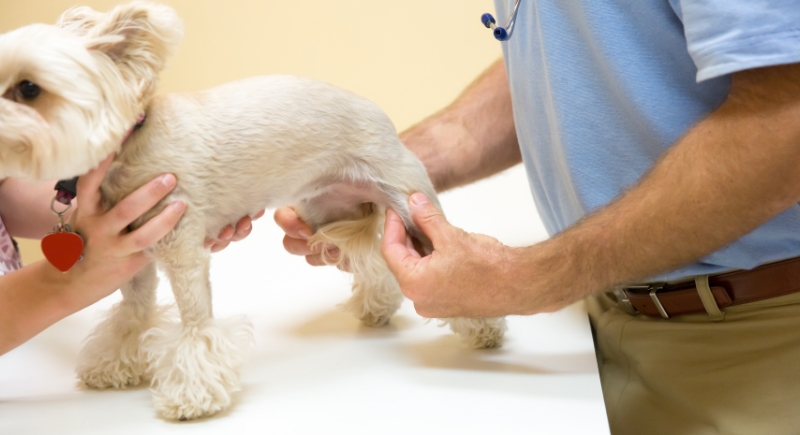
Credit: Getty Images
Sometimes, age catches up gradually. Joints stiffen, muscles lose tone, and those spring-loaded leaps just don’t feel so doable anymore. You may notice your dog circling before lying down, taking longer to rise, or groaning softly after activity.
They’re Struggling With Vision Loss
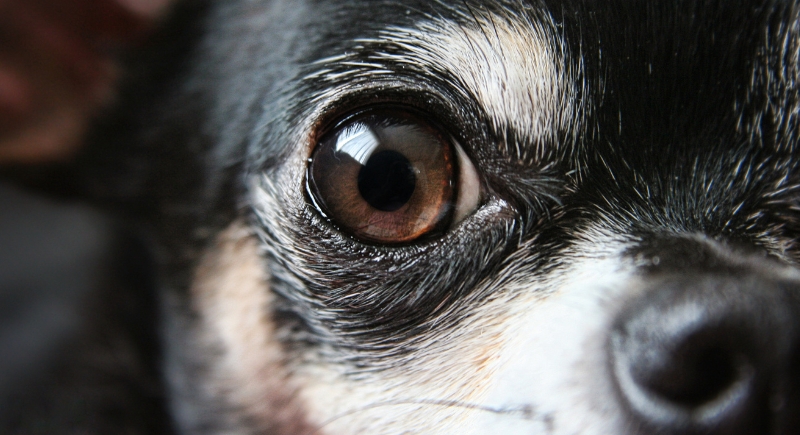
Credit: Canva
Jumping requires depth perception, so any decline in eyesight—especially in older dogs—can make even familiar spaces feel uncertain. Cataracts, retinal disease, or age-related blindness can all affect confidence. A veterinary eye exam or simple changes like night lights or contrasting stair mats may improve navigation.